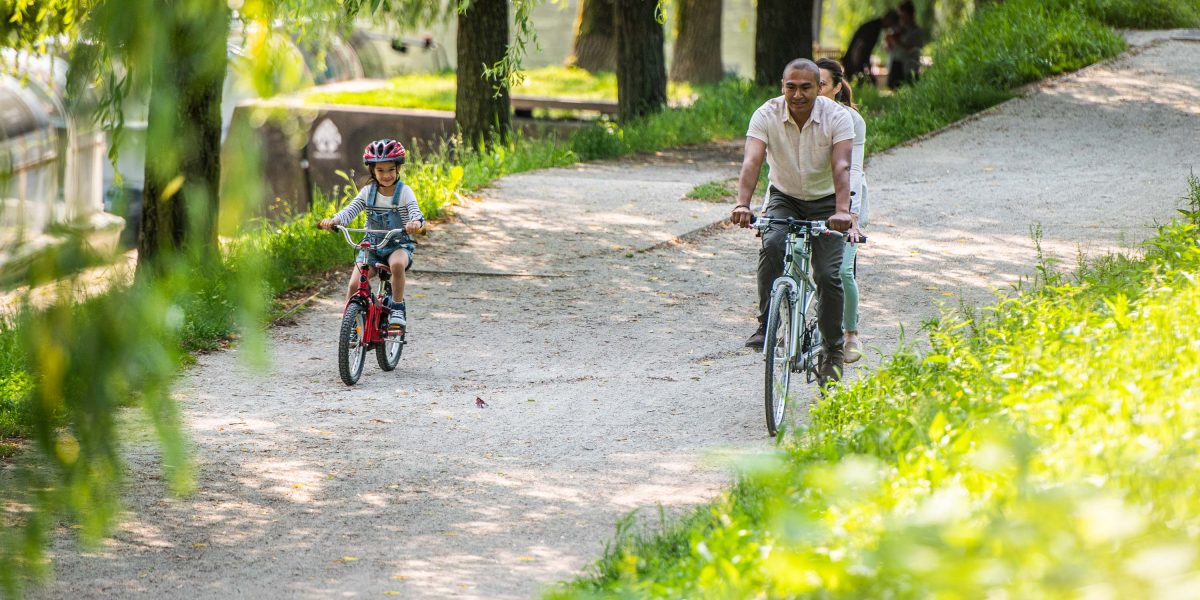This week on the Minnesota Native News health report, May is mental health awareness month and highlights the often-overlooked medical condition. Hear what one tribe is doing for better mental health during the COVID-19 pandemic. Reporter Dalton Walker explains with this week’s story.
The last year has been challenging for all of us, and that’s OK. The pandemic’s impact on our mental health should not go unnoticed or brushed aside. We have all been affected, some more than others.
Many health organizations across the country are emphasizing the importance of mental health
Judy Simpson, a crisis coordinator for White Earth Mental Health, and her team are working to break that stigma that prevents people from seeking help.
“ But again there’s that stigma for mental health that we just really need to break down. mental health is a medical condition. We have brain chemistry sometimes that just genetically we are not born with certain brain chemistry that allows us to feel certain ways on a regular basis, which would entail going out and getting some support and help in order to do that.” says Judy Simpson.
Self care might be the first step for mental health improvements, according to Simpson.
“Self care is great, and I think that’s been a huge push during this pandemic as well is the need for self care. To just take care of ourselves, love ourselves, go for walks, listen to nature. Do something that takes time for you to just focus on yourself and focus on the things around you that are beautiful and important and that make you feel well and uplift you.”
White Earth created a mental health connection group in 2020 that is culturally driven. Once a month, Simpson’s team hosts an activity, usually in person with a virtual option.
The Ojibwe band has had success in its vaccine rollout and has allowed gatherings to take place, including powwows. This month’s mental health activity is hand drum making. Past activities included ribbon skirt making and discussions on traditional medicines. Simpson said participation has increased to a point that there is a waiting list.
“This is important to bring culture back into the communities, and to spend time together, so how we look at that correlation with mental health and the cultural events and activities is that this really does foster that connectedness” notes Simpson.
Simpson says tribal citizens need to have an opportunity to connect with their culture instead of Western medicine or treatment being the only option. She says culture is an important piece of our mental health and our overall well being.
“Culturally driven health care is important. Our Western way of medicine can only meet the needs of so much, and that there’s that gap still that if we can help fill that gap through a cultural lens and by implementing culturally-tailored health promotions and treatment that’s where we’re gonna see the improvements.”
White Earth offers a free 24 hour mental health crisis line dedicated to those living on the reservation and in Becker County. The word crisis can throw some people off, Simpson said, but no issue is too big or too small. Sometimes people just need someone to talk to or someone to listen.
Minnesota and other state and national health organizations have similar health helplines. More than 50 percent of people will be diagnosed with a mental illness or disorder in their lifetime, according to the Centers for Disease Control and Prevention.
If you’re having any health-related issues, be sure to seek out your local health professionals.
For Minnesota Native News health report, I’m Dalton Walker


 Robert Lilligren’s Gift for Indigenizing Leadership Part 2 (Early Years and Mentors)
Robert Lilligren’s Gift for Indigenizing Leadership Part 2 (Early Years and Mentors)